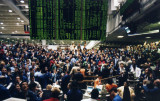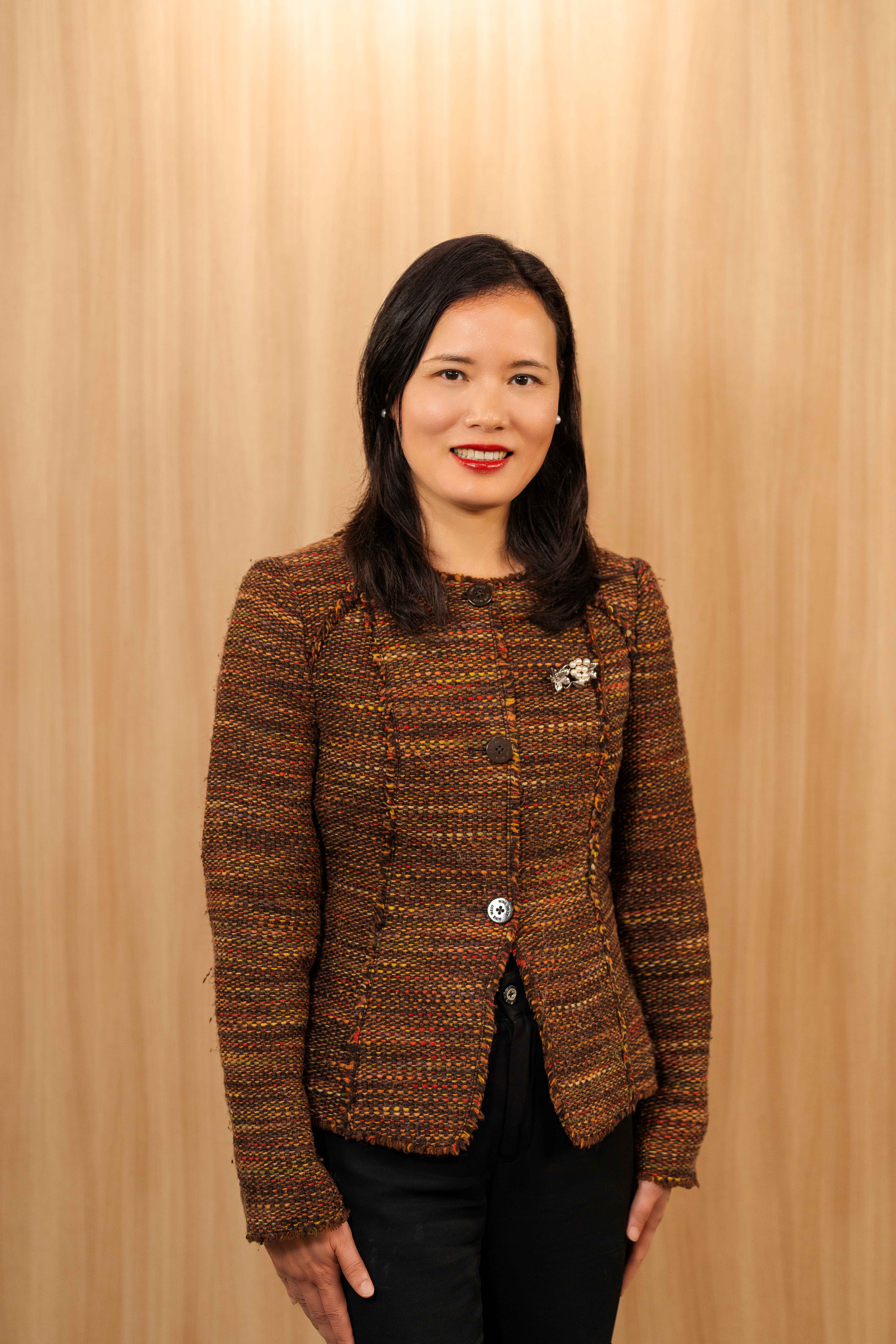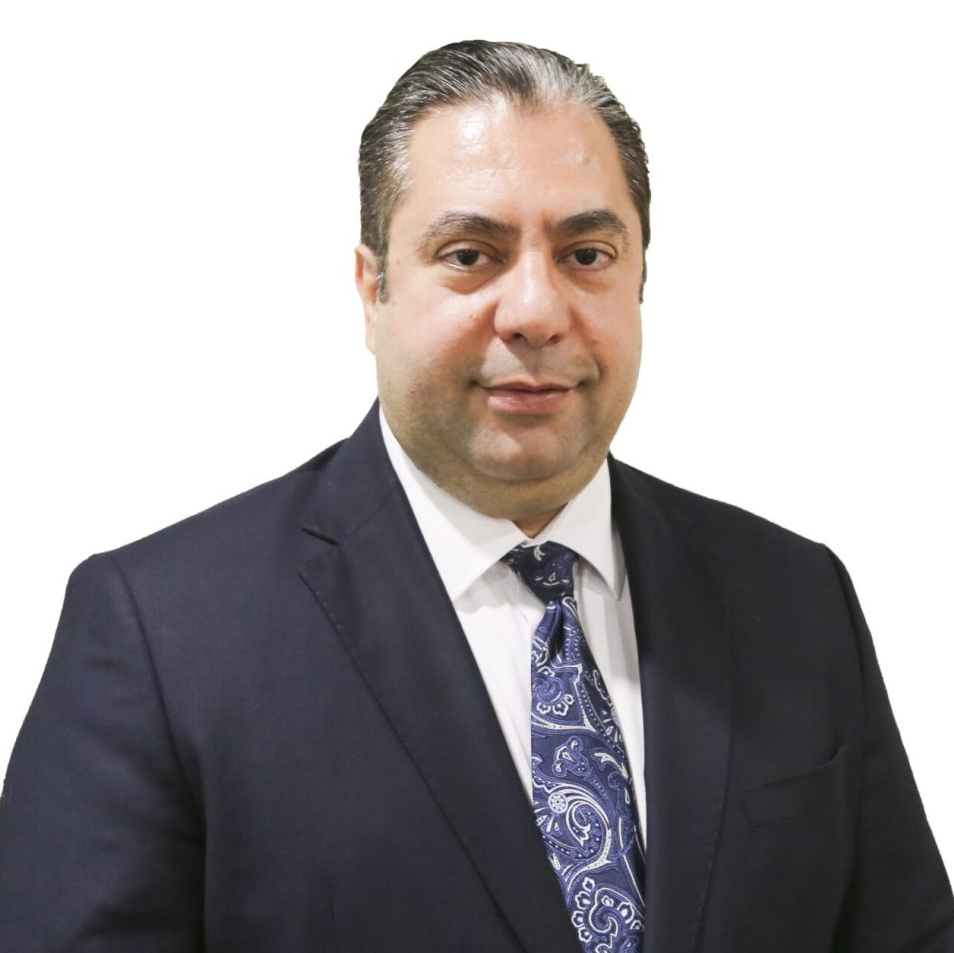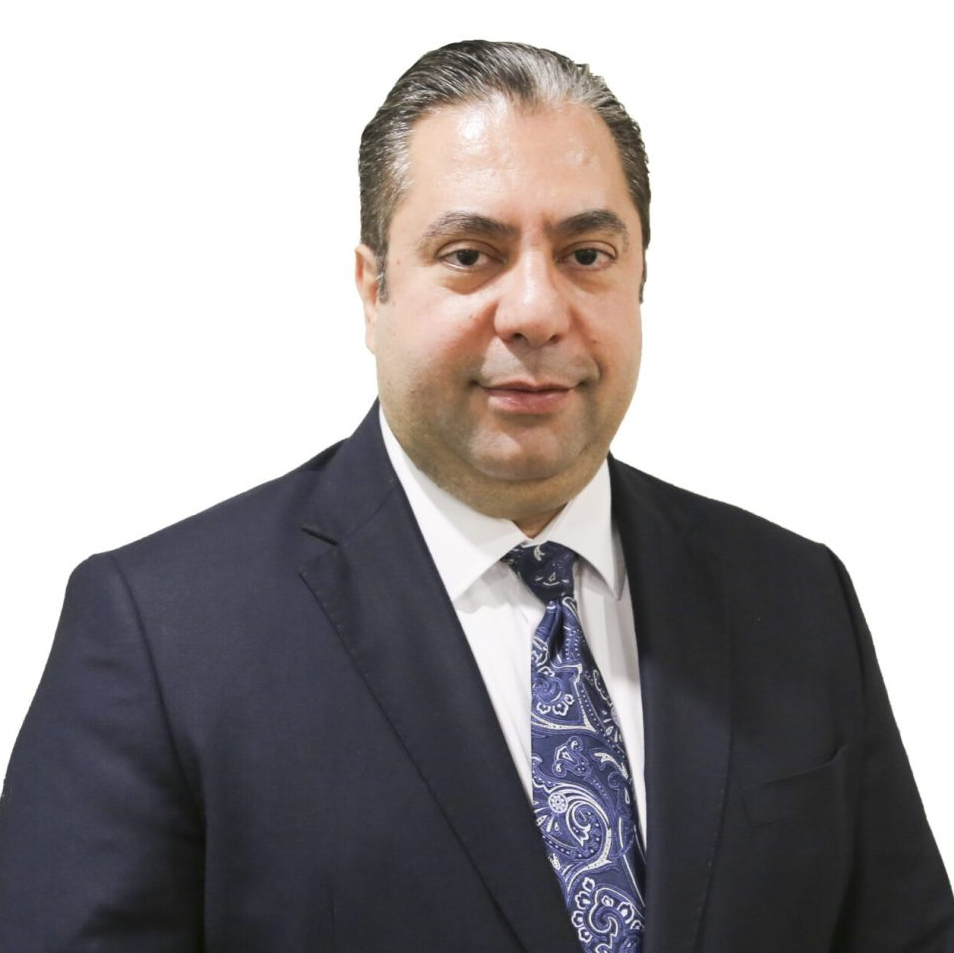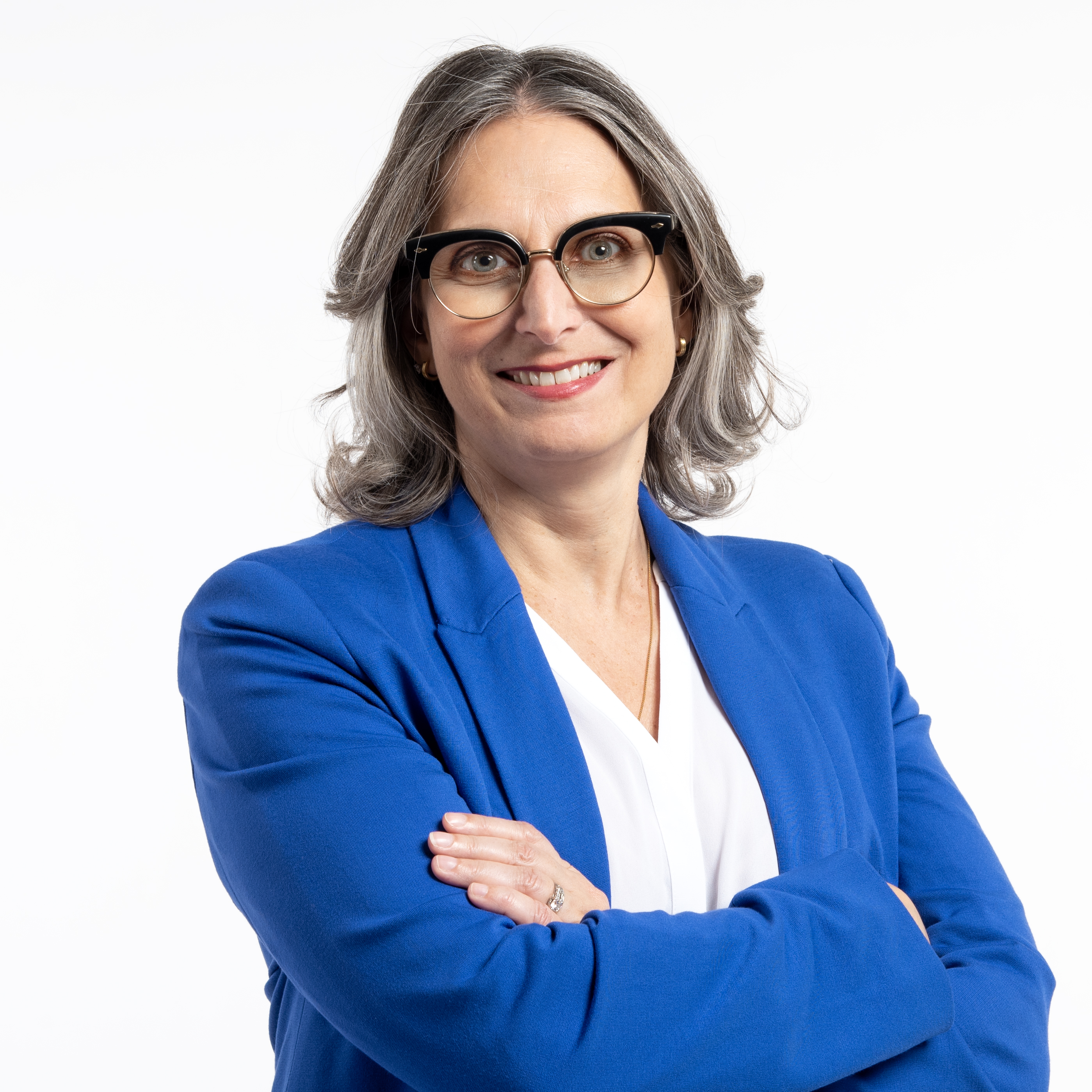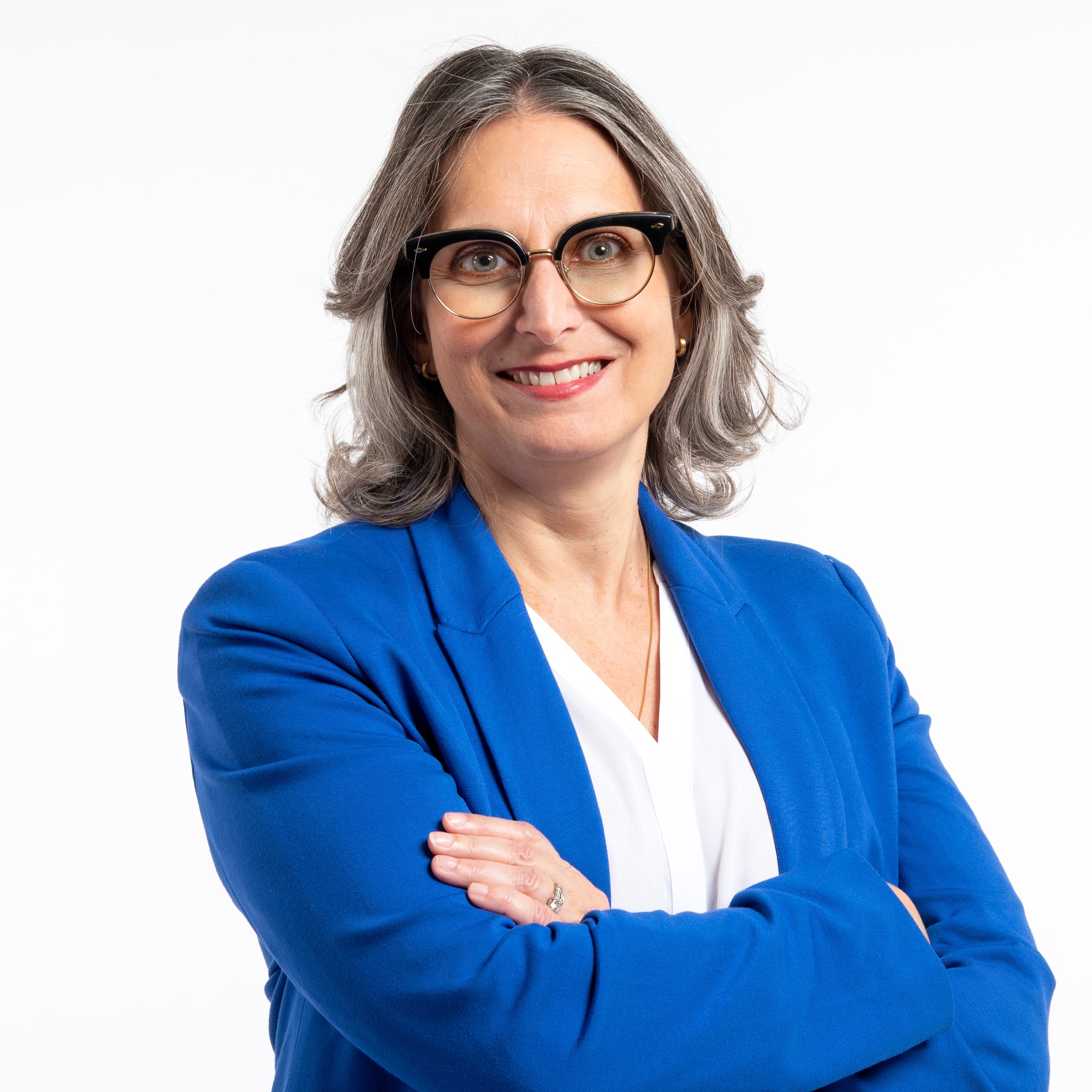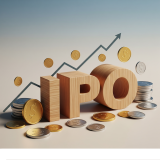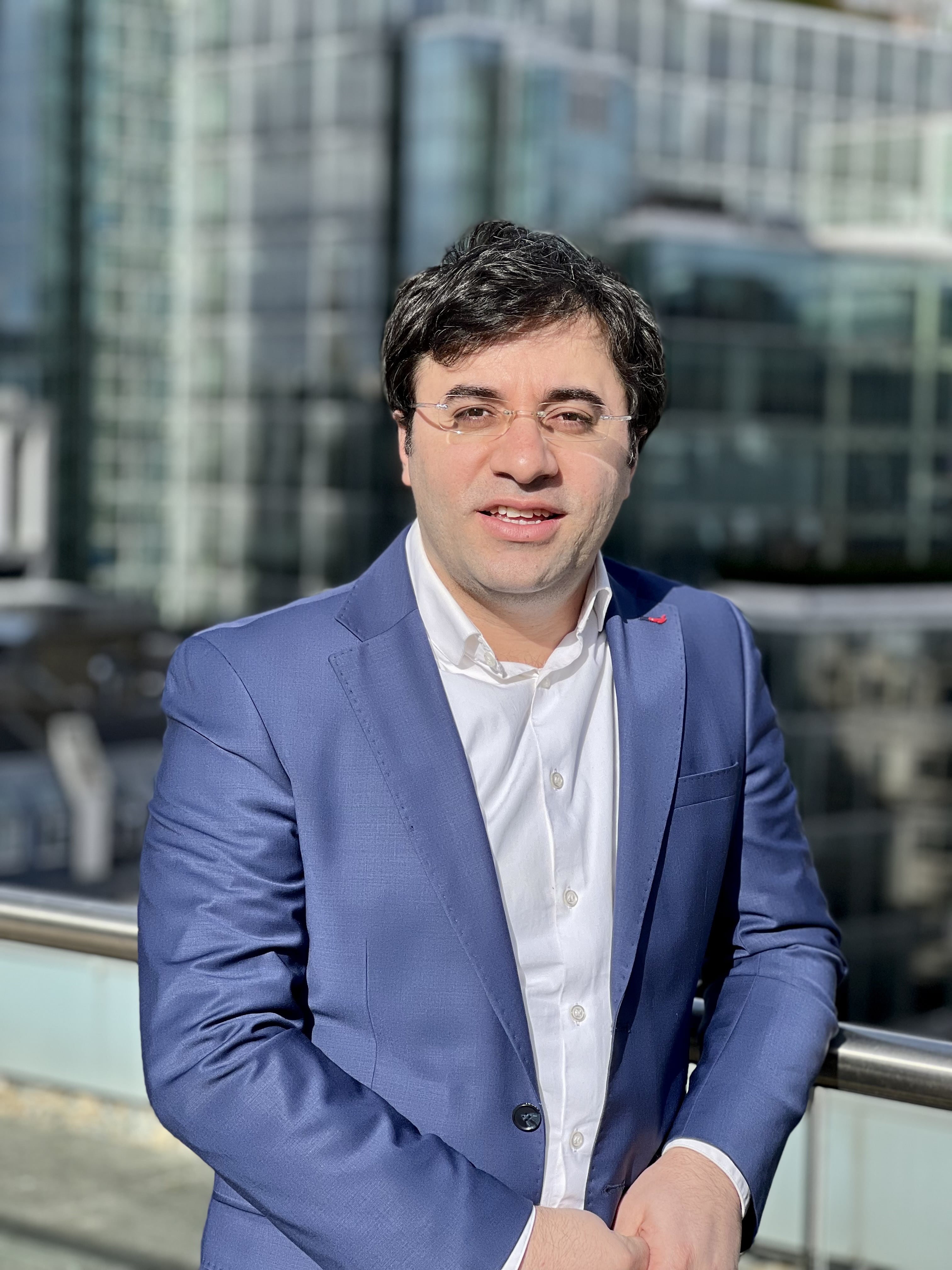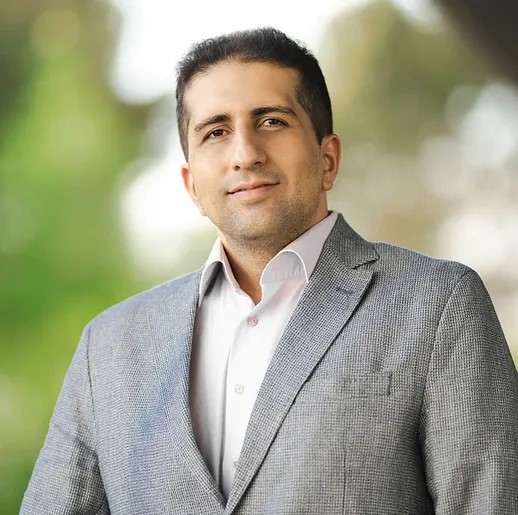The WFE's capacity building series on optimal market infrastructure for Emerging & Developing Economies
Explore upcoming workshops and applicationsOverview
As part of its mission to advance capital market development globally, the World Federation of Exchanges (WFE) has launched its Emerging & Developing Markets Educational Programme (EDMEP) —a dedicated initiative to support all those interested in, or working with frontier, emerging and developing markets (EDMs).
This educational programme offers a series of virtual workshops designed to equip participants—particularly those working in EDMs—with both foundational and advanced knowledge of capital markets. The programme focuses on the principles underpinning optimal market infrastructures, including exchanges, central counterparties (CCPs), and central securities depositories (CSDs). Each workshop blends theoretical insights with practical case studies and is delivered by experts from WFE members and partners. Teaching and discussions are specifically tailored to the unique challenges, structures, and opportunities involved in developing and strengthening market infrastructures in EDMs.
Who should join these workshops?
Anyone interested in market infrastructures, including practitioners, regulators, buy-side & sell-side professionals, government institutions and academics, especially those working in, or interested in learning about markets in transformation or expansion phases.
Format
The EDMEP is fully virtual, delivered through interactive webinars. Each webinar will run for two hours: the first hour will focus on core lecture content. After a short break, it will be followed by a second session featuring either a panel discussion or a practical case study, and concluding with a 10-minute Q&A.
Sessions will be interactive, encouraging questions and active engagement from participants. Dedicated reading materials will be provided in advance to support preparation and deepen understanding of the topics.
Each webinar is independent and can be attended individually.
To accommodate global participants, each webinar will be delivered twice: one suited for the Asia-Pacific (APAC) time zones and another for the Europe, Middle East, Africa and Americas time zones.
All webinars will be in English.
The level of the workshops is intermediate.
Registration
The programme is open to anyone with an interest in the topics covered.
WFE Members receive two free passes to each webinar in the EDMEP workshop series. These complimentary passes should be requested directly to the WFE by the member's WFE representative. Additional passes are subsidised for WFE members.
The registration fee per webinar is as follows:
- WFE Members: £20
- Non-Members: £100
Each webinar can be enrolled in independently.
Please note that places are limited, and applications will be reviewed on a first-come, first-served basis. Once all places have been filled, new applications will be placed on a waiting list.
To enrol, participants must click "Apply" in any of the webinars and complete an application form. To apply for more than one webinar, only one application form is needed.
Following the submission of your application, you will receive an email with login details for the WFE’s online learning platform.
Once you have logged into the learning platform, you’ll be able to choose which webinars you would like to attend and complete the payment process accordingly.
For further guidance in this process, see the Enrolment Guide.
If you have registered for a webinar but will no longer be able to attend, please contact us at [email protected]. Fees can only be refunded if the cancellation is received at least 48 hours before the webinar.
If you have any questions or require further assistance, please don’t hesitate to contact the WFE Education team at:
📧 [email protected]
How do I register for a webinar?
To register, please complete the Application Form available when clicking "Apply" in the ''Upcoming Workshops'' section. Applications are processed on a first-come, first-served basis until all places are filled.
How can I obtain a complimentary pass?
WFE members receive 2 complimentary passes for each webinar. To receive these passes, the exchange's WFE representative should send an email to education@world-exchanges, specifying the names of the nominated candidates, their email addresses, and the webinars they are requesting the pass for. Candidates nominated for a free pass should still fill the Application Form.
How do I make a payment?
After submitting the Application Form, you will receive a confirmation email with a secure payment link and login details for the learning platform, where you can choose your webinars and complete payment.
Who should I contact if I have questions?
If you have any questions related to the programme administration or course content, please send them to: [email protected]
What level of English is required?
The programme is delivered in English. A good understanding of both written and spoken English is essential. Technical terminology will be used; please refer to the course page for more detail on the topics covered.
How do I access my learning materials and webinar links?
The WFE uses Moodle as its Virtual Learning Environment. Once you log in, you will have access to:
- Webinar materials and supplementary documents.
- Live webinar links.
Participants are expected to check both their Moodle accounts and their registered email addresses regularly, as all important updates and announcements will be shared via these channels.
Is there a detailed manual for the enrolment process?
Yes, please find it here: Enrolment instructions .pdf
The allocation of two complimentary passes is applicable per webinar in the series, or does it apply to the programme as a whole?
For each WFE member, the two complimentary passes are allocated per webinar, but members are welcome to apply for more than one webinar.
In the case of complimentary passes, can the nominated colleagues vary for each webinar?
Yes, when using their complimentary passes, WFE members can nominate different participants for different webinars.
